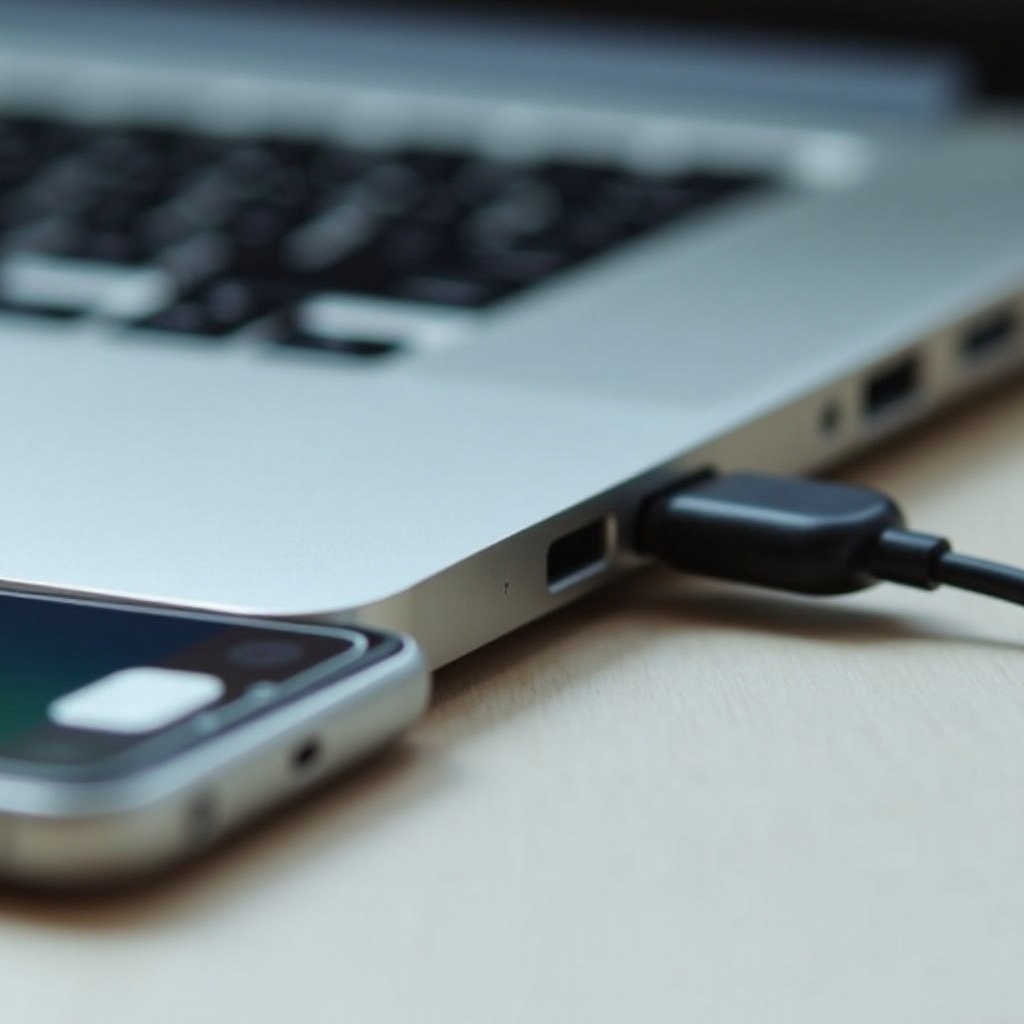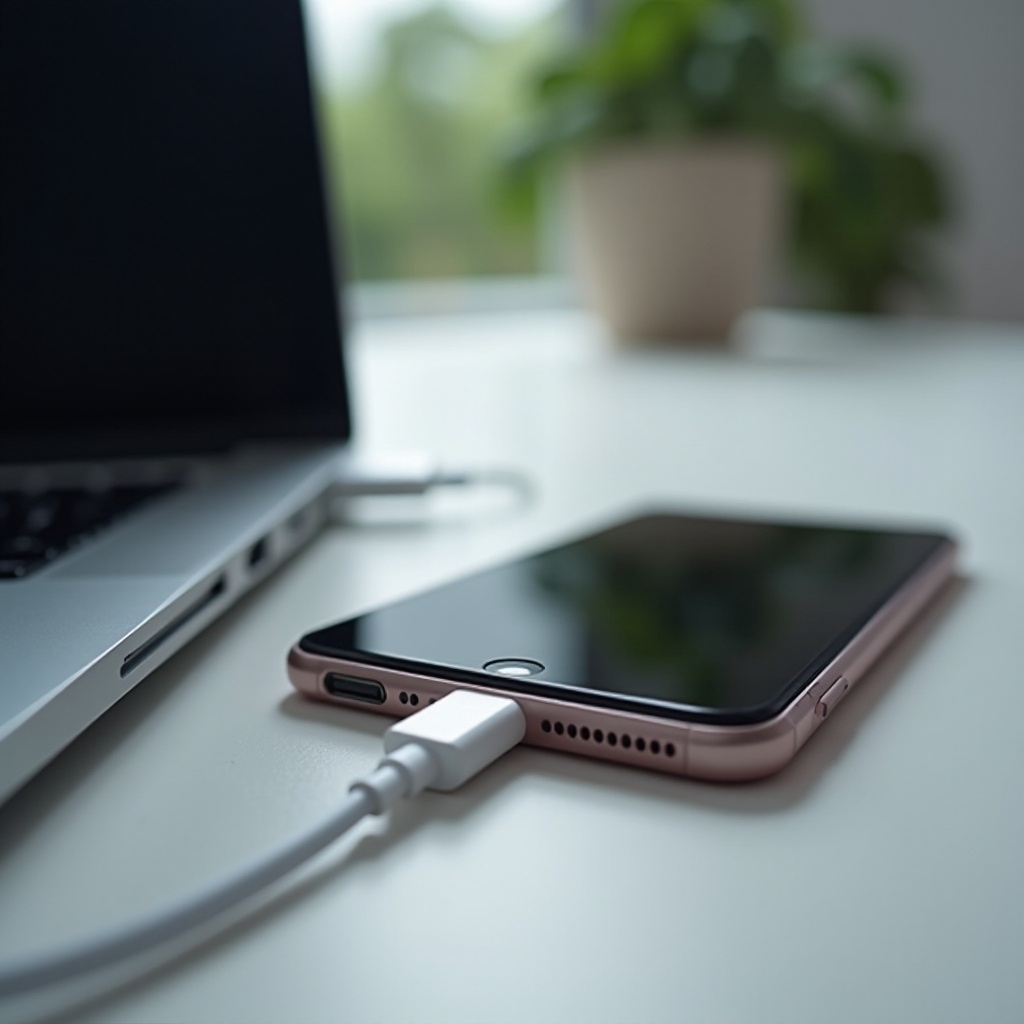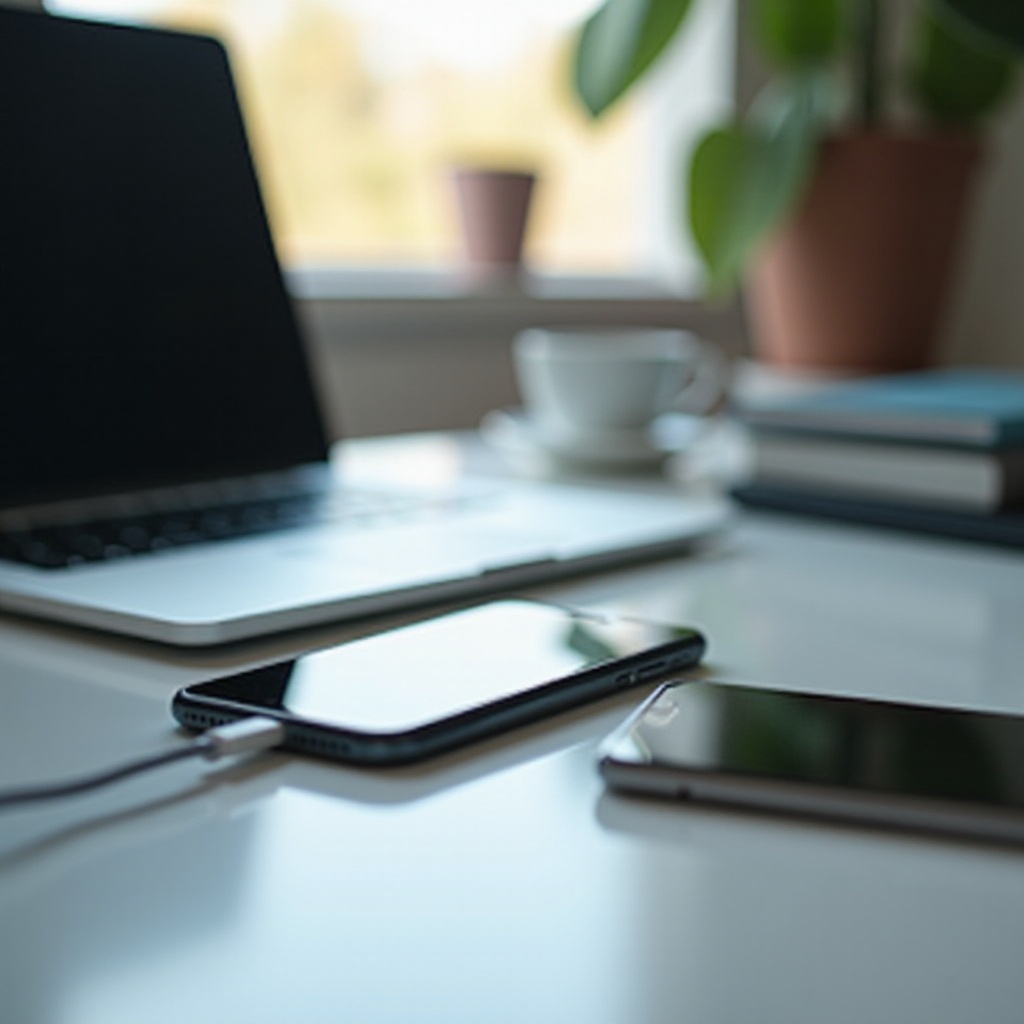Does Charging Your Phone in a Laptop USB Damage It? Examining the Impact
Introduction
Charging a phone through laptop USB ports has become a common practice due to convenience. However, questions often arise about whether this method causes any harm to either the laptop or the phone. Addressing these concerns and separating myth from reality is crucial for users to make informed decisions.

Understanding USB Charging Mechanisms
To understand the impact of charging your phone through a laptop USB port, it's essential to comprehend how USB charging works. USB ports on laptops typically provide a standardized 5 volts of power, which can vary slightly in amperage depending on the type (e.g., USB 2.0, USB 3.0). The phone's internal circuitry then regulates this power according to its charging requirements.
USB ports on newer laptops adhere to specifications that allow for safe charging of peripheral devices. Moreover, manufacturers design modern smartphones with power management systems to handle different charging scenarios. This inherent design ensures that both the phone and laptop communicate to regulate the charging process, potentially reducing risks of damage.
Potential Risks to Laptops
Charging your phone via a laptop USB port does present some potential risks to consider. Primarily, it can put additional strain on the laptop's battery and power supply. If the laptop is running on battery power alone, charging an external device may significantly drain the laptop's battery quicker than usual.
Furthermore, continual strain on the USB port itself, typically caused by regular use, can lead to potential wear and tear. This could result in loose connections or even damage to the port over an extended period. However, these issues are not immediate and require extensive use over time to manifest.
Effects on Phone Health
Charging your phone with a laptop may also raise concerns regarding the phone's health. These typically involve slower charging speeds and the possibility of insufficient power supply. Laptops often provide lower amperage compared to wall chargers, which means longer charging times for your phone. While this isn't damaging, it can be inconvenient.
Some argue that slower charging can be beneficial as it produces less heat, which is known to degrade battery life over time. Therefore, charging your phone via a laptop may have the unintended benefit of preserving battery health. However, it also depends on the phone's management system that prevents overcharging and adjusts to different power inputs.

Debunking Common Misconceptions
Several misconceptions surround the practice of charging a phone using a laptop USB port.
-
Risk of Overheating: Both modern laptops and phones have regulatory systems to manage overheating. Charging sessions that cause overheating are rare and typically a sign of underlying hardware issues.
-
Battery Memory Effect: The idea that partial charging cycles cause long-term battery damage is mostly outdated. Lithium-ion batteries used in modern phones do not suffer from this 'memory' problem.
-
Quick File Transfer Threat: Some believe that connecting phones to laptops for charging could expose the phone to malware. While risk exists, it is significantly minimized if both devices have robust security measures.
Safe Practices for Charging Your Phone Using a Laptop
To mitigate any potential risks and ensure the longevity of your devices, consider the following safe practices:
-
Use Original Cables: Always use manufacturer-recommended cables for charging to avoid compatibility issues.
-
Keep Systems Updated: Ensure both your laptop and phone are running the latest software updates for optimal performance.
-
Avoid Overcharging: Disconnect your phone once it reaches full charge to prevent unnecessary strain on the battery.
By adhering to these simple precautions, you can safely charge your phone using a laptop USB port without worrying about damage.

Conclusion
Charging your phone using a laptop USB port is generally safe and poses minimal risks to either device if done correctly. Understanding the inherent safeguards built into modern electronics can dispel common myths and provide peace of mind. Employing safe charging practices can further enhance overall device health.
Frequently Asked Questions
Does charging my phone via laptop drain its battery?
Yes, if your laptop is not plugged into a power source, charging your phone can drain its battery faster. However, when the laptop is plugged in, this effect is minimal.
Is it safe to charge my phone with a laptop overnight?
Charging a phone overnight through a laptop USB port is safe as modern phones stop charging once the battery is full. However, it's generally better to disconnect once fully charged.
What are the best alternatives for charging my phone?
1. **Wall Chargers:** Provide faster charging compared to laptop USB ports. 2. **Power Banks:** Portable and convenient for on-the-go charging. 3. **Wireless Chargers:** Reduce wear on charging ports over time.



